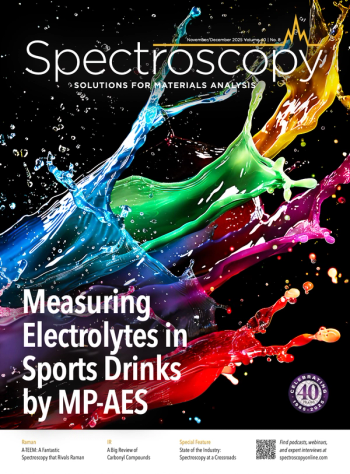
Manu Prakash 2022 wins New York Microscopical Society Ernst Abbe Award
Physical biologist Manu Prakash received the New York Microscopical Society Ernst Abbe Award at an awards session at the Eastern Analytical Symposium (EAS) on Monday, November 14, in Plainsboro, New Jersey.
Physical biologist Manu Prakash received the New York Microscopical Society Ernst Abbe Award at an awards session at the Eastern Analytical Symposium (EAS) on Monday, November 14, in Plainsboro, New Jersey. The award celebrates of Prakash’s contributions to the field of microscopy, particularly through his development of the Foldscope, an optical microscope made from simple components, including a sheet of paper and a lens, that costs less than $1 to build.
Prakash’s Foldscope was designed to be portable and durable while performing on par with conventional research microscopes (140X magnification and 2-micrometer resolution). As part of the “frugal science” movement, the Foldscope enables communities around world to experience the world of microscopy.
Prakash uses his expertise in soft-matter physics to illuminate often easy-to-observe but hard-to explain phenomena in biological and physical contexts and to invent solutions to difficult problems in global health, science education, and ecological surveillance. His many lines of research are driven by curiosity about the diversity of life forms on our planet and how they work, empathy for problems in resource-poor settings, and a deep interest in democratizing the experience and joy of science globally.
Working on frugal science in his laboratory, Prakash builds, designs, and deploys tools for scientific explorations globally. His work in frugal science covers disciplines with applications in global health, environmental monitoring, and biodiversity discovery. The laboratory works in an open-source framework, where much of the work in frugal science is rapidly available to communities around the world, and consequently can be scaled.
Newsletter
Get essential updates on the latest spectroscopy technologies, regulatory standards, and best practices—subscribe today to Spectroscopy.


